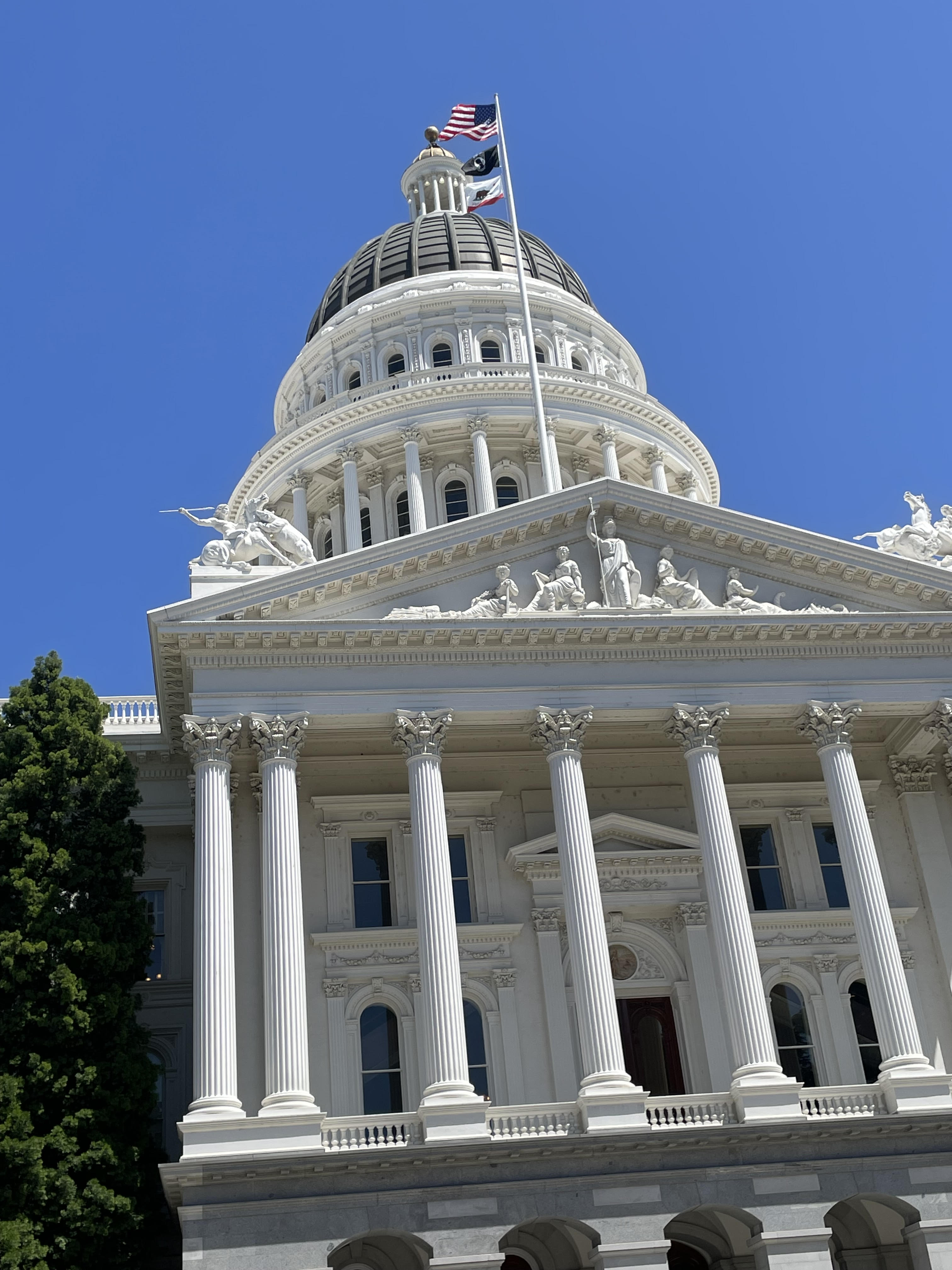
- Details
- By Native News Online Staff
On Wednesday, Governor Gavin Newsom and the California Jobs First Council announced $15 million in grants to 14 Native American tribes, tribal coalitions, and tribally led organizations across California. These investments aim to drive economic growth, expand job training, support business development, promote environmental stewardship, and fund research and development initiatives.
This funding reflects California’s commitment to honoring tribal leadership and self-determination. Recognizing that tribes have long understood the needs and opportunities within their communities, the state is proud to support efforts that create lasting economic opportunity and good-paying jobs.
“Our tribal partners are uniquely positioned to grow their local communities and economies by drawing on cultural values and principles of self-determination,” said Tribal Affairs Secretary Christina Snider-Ashtari. “Today’s awards promise to advance our shared goals for a stronger economy and greater opportunities for all Californians.”
The projects receiving funding span a range of local investments—from community infrastructure to clean energy innovation:
-
Berry Creek Rancheria of Maidu Indians – $1.51 million to develop a strategic energy plan.
-
California Indian Museum and Cultural Center – $587,000 to launch “Climate-Ready Tribal Community Health Representatives,” a career pathway program in the health sector.
-
Kashia Band of Pomo Indians – $999,000 to support pre-development for the Kashia Aquaculture Center.
-
Mechoopda Indian Tribe of Chico Rancheria – $999,000 for pre-development of a Resilience Hub and Multi-Functional Community Center.
-
Native Development Network – $776,000 to research career pathway opportunities in the clean economy, healthcare, and tech sectors.
-
Native First Lending – $1 million to establish a revolving loan fund for Native American businesses in Los Angeles County.
-
Nevada City Rancheria Nisenan Tribe – $744,000 for land restoration on two historically and culturally significant sites.
-
Owens Valley Career Development Center – $1.995 million to create clean economy career pathways.
-
Pit River Tribe – $954,000 for a land use assessment to identify opportunities for tourism and outdoor recreation businesses.
-
Scotts Valley Energy Corporation – $1 million for the construction of a bioenergy production facility.
-
Southern California Tribal Chairpersons’ Association – $933,000 to develop an Innovation Ecosystem supporting clean economy small businesses.
-
Table Mountain Rancheria – $950,000 for pre-development of the TMR Healthcare Center.
-
The Sierra Fund – $945,000 to support economic and workforce planning for two Tribes.
-
Tule River Economic Development Corporation – $1.6 million to expand clean economy training and career pathways.
“Each of these awards represents a commitment to community-led development and inclusive economic growth,” said Dee Dee Myers, Senior Advisor to Governor Newsom and Director of GO-Biz, and Stewart Knox, Secretary of Labor & Workforce Development. “The California Jobs First Council is proud to invest in these projects and looks forward to partnering with tribal nations to support their long-term success.”
More Stories Like This
Native News Weekly (August 25, 2024): D.C. BriefsUS Presidents in Their Own Words Concerning American Indians
Indigenous Actor Elaine Miles Reports Detention by Alleged ICE Agents
Happy Thanksgiving from Native News Online
Coming Up on Native Bidaské: Behind the Animation: Joey Clift Talks “Pow” and Native Storytelling
Help us tell the stories that could save Native languages and food traditions
At a critical moment for Indian Country, Native News Online is embarking on our most ambitious reporting project yet: "Cultivating Culture," a three-year investigation into two forces shaping Native community survival—food sovereignty and language revitalization.
The devastating impact of COVID-19 accelerated the loss of Native elders and with them, irreplaceable cultural knowledge. Yet across tribal communities, innovative leaders are fighting back, reclaiming traditional food systems and breathing new life into Native languages. These aren't just cultural preservation efforts—they're powerful pathways to community health, healing, and resilience.
Our dedicated reporting team will spend three years documenting these stories through on-the-ground reporting in 18 tribal communities, producing over 200 in-depth stories, 18 podcast episodes, and multimedia content that amplifies Indigenous voices. We'll show policymakers, funders, and allies how cultural restoration directly impacts physical and mental wellness while celebrating successful models of sovereignty and self-determination.
This isn't corporate media parachuting into Indian Country for a quick story. This is sustained, relationship-based journalism by Native reporters who understand these communities. It's "Warrior Journalism"—fearless reporting that serves the 5.5 million readers who depend on us for news that mainstream media often ignores.
We need your help right now. While we've secured partial funding, we're still $450,000 short of our three-year budget. Our immediate goal is $25,000 this month to keep this critical work moving forward—funding reporter salaries, travel to remote communities, photography, and the deep reporting these stories deserve.
Every dollar directly supports Indigenous journalists telling Indigenous stories. Whether it's $5 or $50, your contribution ensures these vital narratives of resilience, innovation, and hope don't disappear into silence.
 The stakes couldn't be higher. Native languages are being lost at an alarming rate. Food insecurity plagues many tribal communities. But solutions are emerging, and these stories need to be told.
The stakes couldn't be higher. Native languages are being lost at an alarming rate. Food insecurity plagues many tribal communities. But solutions are emerging, and these stories need to be told.
Support independent Native journalism. Fund the stories that matter.
Levi Rickert (Potawatomi), Editor & Publisher

